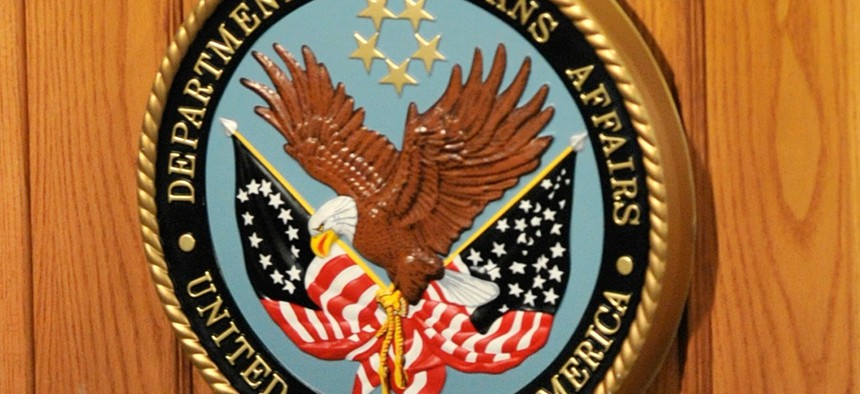
AFGE
VA Manager Involved in $4M Deal That Benefited Relatives
Official created a conflict of interest when she didn’t recuse herself from project to build new N.C. facility.
A Veterans Affairs manager in North Carolina created a conflict of interest when she participated in a project that netted millions for her family members, according to the department’s watchdog.
The VA bought 35 acres of land for $4.25 million in 2010 from the Gillis family to build a new outpatient medical facility in Fayetteville, N.C. Wendy Gillis, a VA project manager and professional engineer, was part of the team that assessed and ranked five properties owned by her extended family members for the project. Wendy married into the Gillis family in 2001; two of her husband’s cousins submitted plots of land for consideration in response to a 2010 solicitation in FedBizOpps.
“Although she was not the final selecting official, she was intimately involved in the process, discussed the sites with team members, and was in a position to influence the team,” the IG concluded. The watchdog also criticized four other high-ranking VA officials involved in the project – Daniel Hoffmann, Elizabeth Goolsby, James Galkowski and Jessica Kaplan – for failing to take sufficient action over the conflict of interest, or appearance of, when they learned about it.
The IG report does not specifically name Wendy Gillis, referring to her only as the project manager. But a Mar. 11 report in the Fayetteville Observer, which has followed the matter closely over the past five years, identified her as the official in question. The Gillis family is well-known in the area, and owns several pieces of property going back generations to a land grant bestowed by the King of England.
Wendy Gillis was uncomfortable during the 2010 site tour of the properties, according to the report, at one point saying, “Oh my God, I shouldn’t be here.” Others present during the tour told the IG that when Gillis saw the list of properties on the list, she mentioned the familial connection, but also said the sale would not financially benefit her immediate family. Gillis told the IG that in hindsight she should have “run out of the van,” but that she “thought by telling [she] made it open and honest.”
Ethics standards and federal regulations prohibit federal employees from using their position for private gain, or the gain of friends and relatives. Government ethics also instruct federal employees to make an honest effort to avoid situations that would give the appearance of a conflict of interest.
The IG concluded that Wendy Gillis’s behavior amounted to an appearance of a conflict of interest, though it did not rise to the level of a criminal conflict. Still, “as a VA employee, who has taken annual ethics training, and a licensed PE [professional engineer], who is bound by North Carolina’s rules of professional conduct” she should have known better and recused herself, the report said.
The watchdog found other problems with the transaction, including the failure to provide Gillis with a conflict of interest form to sign at the outset, which typically occurs with such projects. There were also discrepancies in the documents related to the property purchase, including the signature of Will Gillis dated a day before the agreement was drafted, as well as confusion over who actually owned the property.
The IG recommended that VA management determine proper administrative action against Wendy Gillis and the four other officials involved. The watchdog also recommended refresher ethics training for them, as well as a review of the whole land purchase from start to finish, including the solicitation and evaluation of properties. VA agreed with the recommendations, and is determining the appropriate administrative action for the employees. The department also said it reviewed the transaction thoroughly, and concluded no corrective action was necessary.
NEXT STORY: A Timeline of Secret Service Scandals







